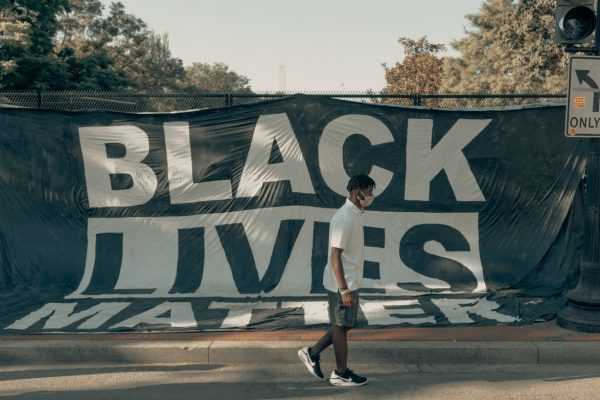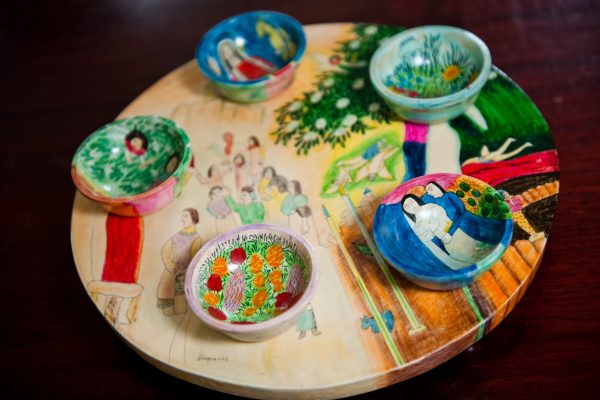Dayeinu is the most well-known Passover song, probably because of its simple refrain and rollicking tune. But it actually makes no sense. Would it really be enough if God had taken us out of Egypt but had not divided the sea for us? Wouldn’t the pursuing Egyptians have re-enslaved us? Would it really have been enough for God to have brought us to Mount Sinai but hadn’t given us the Torah? What would have been the point?
Dayeinu is actually suggesting an important spiritual principle of enoughness. We live our lives with ambitions and hopes. Some are fulfilled. Some never happen. With the passage of time, some fade away or are lost. Even as we mourn the losses, we are to remember the blessings that we have. Dayenu is not just striving for an acceptance of what we have. It is more than not being greedy or envious. It is coming to a sense of sufficiency—enoughness.
A Dayeinu for Our Time
If I am infuriated by leaders who don’t lead but I can turn off the TV right in the middle of their babbling—dayeinu; it would be enough.
If I can’t get together with my friends but I can see and talk to them by Zoom—dayeinu; it would be enough.
If I am stuck in my home for days that turn into weeks but at least I have a home unlike too many others—dayeinu; it would be enough.
If I am anxious about whether I have the coronavirus but I have a doctor who I trust for advice—dayeinu; it would be enough
If I have symptoms and my doctor says to stay at home and most likely I will be okay—dayeinu; that would be scary but still it would be enough.
If I need to go to the hospital at least I know I will get first rate care and while now I am really afraid—still dayeinu; it would be enough.
If I was isolated and my loved ones couldn’t come to my room, I would cry but be assured of their love—dayeinu; it would have to be enough.
If I knew that my life was coming to an end and death was at the door of my room, I would wrap myself in my story—its happy moments and its sad ones, in its blessings and in its final curse. I would remember that our stories don’t end but go on and on as long as memory endures—dayeinu.












